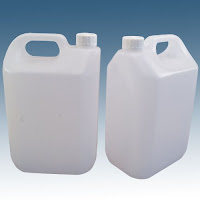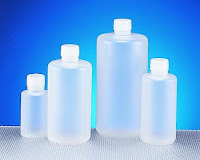Colour Process Automation Technology:
Plastics manufacturing is a complex, multi-step process that moves at rapid speeds to create high product yields. Maintaining colour quality and consistency throughout the manufacturing processes can be difficult, but advancements in colour process automation technology offer continual monitoring for real-time identification of colour changes. Continual monitoring, from pellet colours and extruded plastics to pre-formed products, allows for automatic adjustments to be set, creating a more efficient and cost-effective process stream. New technology provides affordable options for colour process measurement using smaller self-contained instrumentation that can easily adapt to any production line.
colour Process Automation Technology (cPAT) with ACLCC by Plastore and Hunter Lab for plastics manufacturing is a fully integrated, online color measurement and color control solution tailored to meet the needs of plastics manufacturers. From plastic sheet manufacturing, to window profile, vinyl siding, custom profile and compounding, cPAT offers best practices and automated solution tools to improve manufacturing efficiencies, ensure product quality, and reduce overall costs.
Today’s plastic extrusion color control process relies a bit on ‘black magic’ to be successful. Time-interval based color monitoring is insufficient in providing information on baseline, variation or improvement opportunities. The process is not very controllable, predictable or often times even understandable. cPAT eliminates the ‘black magic’, making the process something that operators can control, predict and troubleshoot.
Improving costs and efficiency
Today’s colour process measurement systems are fully integrated, allowing for precise workflow monitoring and improved quality control (QC). The ability to provide real-time, quantifiable results allows manufacturers to set defined parameters and predict potential variations and changes in final color outcomes. According to the online article “Best Practices and Solution Tools to Automate Colour Quality Control in Plastic Extrusion Processing”, “Colour Process Automation Technology (cPAT) introduces best practices and solution tools to help plastics manufacturers achieve greater performance by moving from a philosophy of time-interval based colour QC to a more dynamic approach to continuous monitoring, closed-loop colour control, and automated defect containment. Colour process automation technology allows organizations to measure, analyze, control and document the colour of extruded plastic in real-time through the measurement of Critical Colour Process Parameters (CCPP) which affect Critical Colour Quality Attributes (CCQA).”
Find more product by Advanced Methods in Plastic Manufacturing Here..













